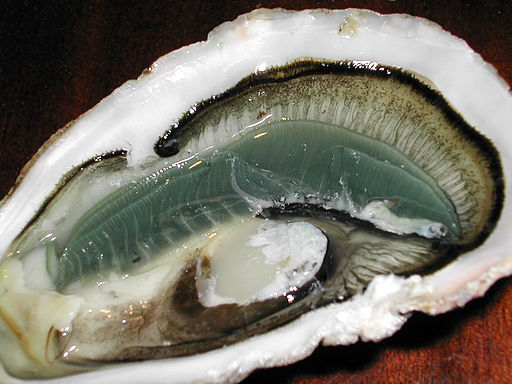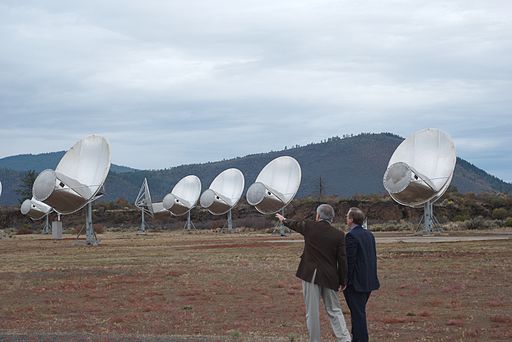The severe distortion can be postponed by allowing the "map" to curl up. The animation below was created by one of my students, Jesse Raffield, to represent a part of the hyperbolic plane. He used simulated annealing to try to keep the edges of the triangles as nearly as possible equal. The result is quite pleasing, and reminiscent of some biological shapes.
In a few weeks we should be able to use this or similar figures to visualize the processes we will be simulating on the hyperbolic plane.















